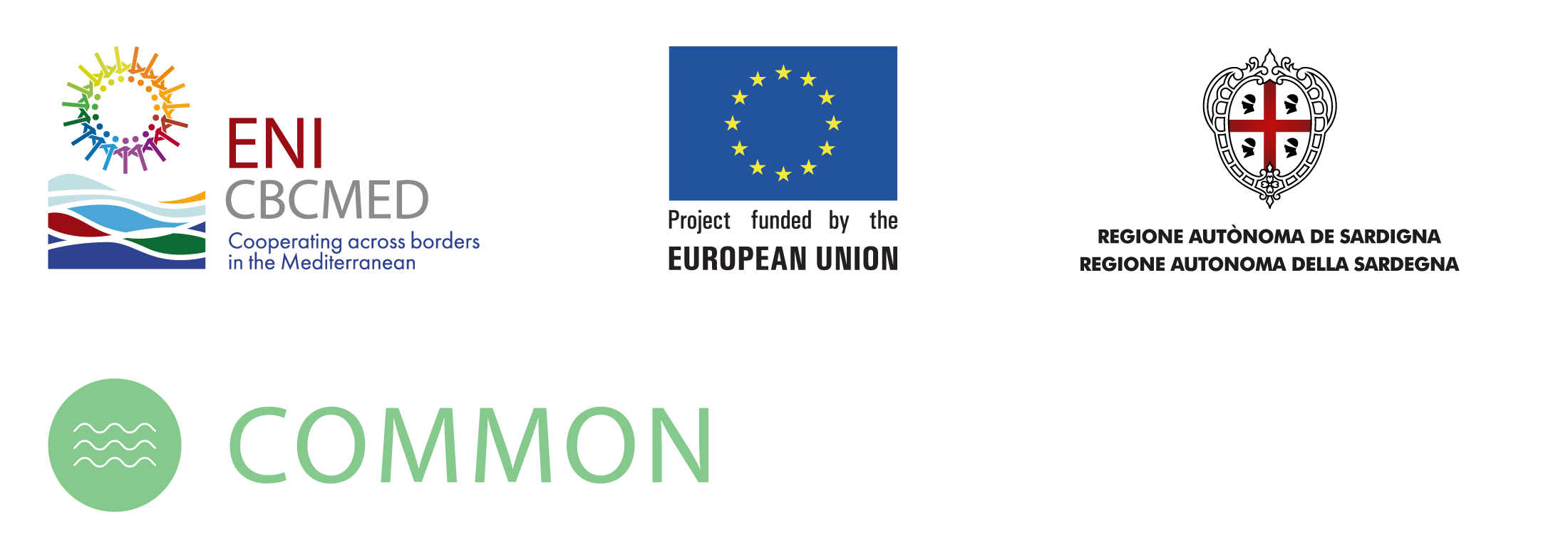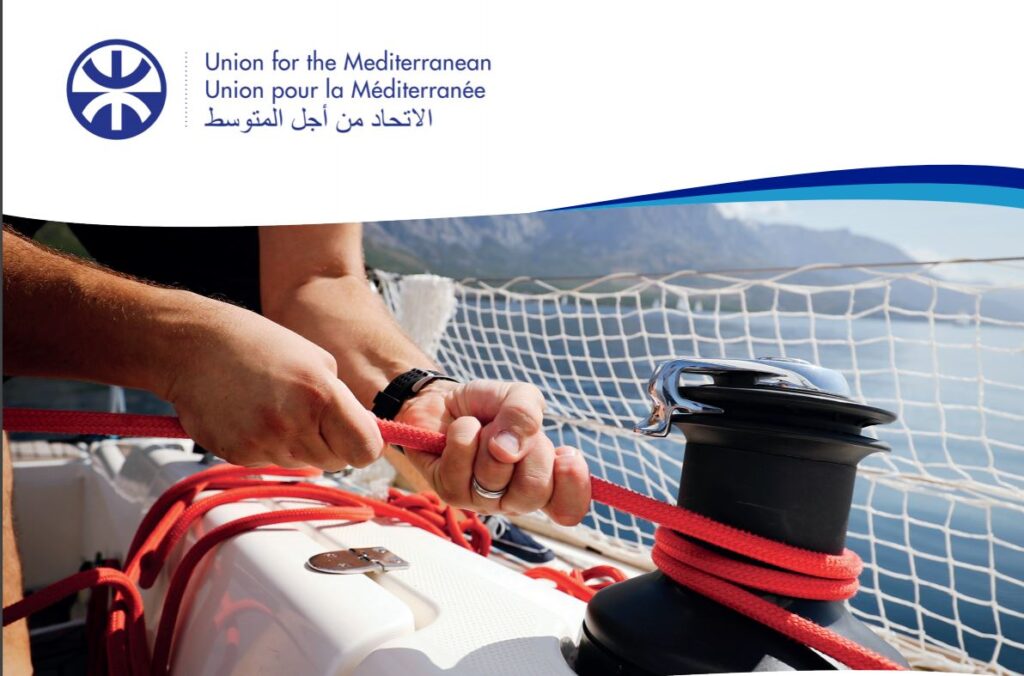COMMON project landed in the Union for the Mediterranean new leaflet, as a relevant Mediterranean-wide initiative tackling Marine Litter, together and in continuation with Plastic Busters Mpa. A leaflet launched on the occasion of the last Brussels UFM Ministers Conference.
Ministers from the 42 Union for the Mediterranean (UfM) countries have agreed to intensify their efforts towards a sustainable blue economy in the Mediterranean. Doing so, they want to promote the recovery of the region’s economies from the COVID-19 crisis, and address the environmental and climate challenges.
Six years after the first Union for Mediterranean Ministerial Declaration on Blue Economy, Ministers adopted a new declaration, firmly committing to cooperate closely and address joint challenges in key blue economy sectors. They agree to promote transformative policies and tools such as maritime clusters or maritime spatial planning, and support the overall shift towards low-emission technologies and circular blue economy. New joint activities and projects will be set up on a wide range of issues, including “blue skills”, marine litter, marine renewable energies and nature-based tourism.
The Ministerial Conference took place virtually, under the co-presidency of the European Union and the Hashemite Kingdom of Jordan, in the presence of Nasser Kamel, UfM Secretary General.
The Commissioner for Environment, Oceans and Fisheries, Virginijus Sinkevičius, stated: Today, countries of the Union for the Mediterranean agreed to the transition to a truly sustainable blue economy, as part of our strategy to recover from the Covid-19 crisis and to tackle the serious impacts of climate change and environmental degradation. This is a key step towards sustainable management of the Mediterranean – our common sea – and a contribution to the ambitions of the European Green Deal.”
The UfM Secretary General Nasser Kamel said: “With this ministerial declaration on the Blue Economy, we are raising the bar on our collective ambitions in governments, civil society, research and the private sectors to ensure that maritime activities are sustainable, innovative and job-creation oriented to address the main challenges of our times. At the same time, we are also tackling important drivers for the recovery from the pandemic and for the long-term restructuring of the sector”.
The stakes are very high. The Mediterranean region is the world’s leading tourism destination. Representing the first blue economy sector for income and job creation in the sea basin, tourism is also a driving force for young entrepreneurship and Small and Medium-sized Enterprises’ growth. However, this sector has been highly affected by the COVID-19 crisis. The region is also highly exposed to climate change, warming 20% faster than the world average, with visible impacts on the marine environment. This will continue unless further mitigation and adaptation measures are undertaken to reduce carbon emissions and strengthen the resilience of marine and coastal habitats.
Check out the leaflet “Towards a Sustainable Blue Economy in the Mediterranean region” available in English, French and Arabic.
Source: Union For The Mediterranean

